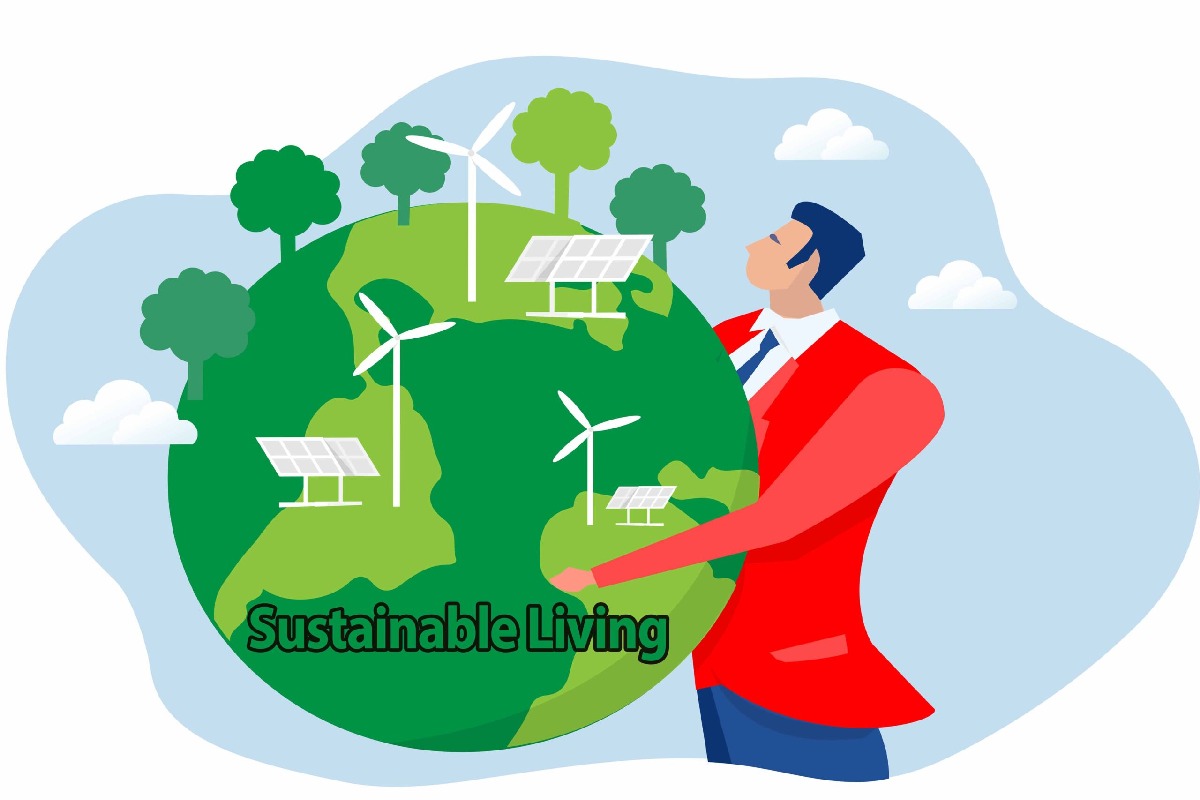Sustainable Habits – Sustainability is no longer a buzzword, it’s a necessity. Yet, for many working professionals, students, and parents balancing packed schedules, the idea of “going green” can seem overwhelming or even unrealistic. The good news is that you don’t need to make massive lifestyle changes to live more sustainably. In fact, it’s the small, consistent habits that have the most lasting impact, especially when tailored to fit into a busy modern lifestyle.
This blog explores practical, time-efficient, and actionable sustainable habits you can start today, even if your calendar feels full. We also discuss how building awareness through sustainability courses can deepen your impact without demanding more of your time.
Table of Contents
Introduction: Redefining Sustainability for the Busy Individual
For many people, sustainability seems like an all-or-nothing commitment: zero-waste homes, growing your food, biking everywhere, or quitting plastic altogether. While admirable, such extremes aren’t feasible for everyone, especially those juggling demanding jobs, families, or studies.
That’s where sustainability courses come in, they help break down the concept into realistic steps for your unique lifestyle. These programs often emphasise that sustainability isn’t about perfection, but progress. By making smarter daily choices, we can collectively reduce our environmental footprint without sacrificing efficiency or convenience.
Sustainable Habits That Work With Your Schedule
Here are several habits that are low-effort, high-impact, and designed to fit seamlessly into a busy life:
-
Switch to Reusables: No Extra Time Needed
Swap out disposable items with reusable alternatives. Once you’ve made the switch, these habits become second nature:
- Use a reusable water bottle and coffee cup
- Carry a cloth tote bag for shopping.
- Keep metal straws and cutlery in your work bag or car.
- Opt for reusable lunch boxes and containers instead of foil or cling wrap.
Time required: Almost none after setup
-
Smart Shopping with Purpose
Busy schedules often lead to impulsive or convenience-based purchases. But small shifts in how and what you buy can greatly reduce waste:
- Choose products with minimal or recyclable packaging
- Support local brands or stores that emphasise eco-friendly sourcing.
- Buy in bulk to reduce plastic and the frequency of trips.
- Choose quality over quantity, less shopping, less wast.e
Tip: Make a shopping list to avoid unnecessary purchases.
-
Conserve Energy at Home and Work
Energy conservation is one of the most efficient ways to contribute to sustainability without taking extra time out of your day:
- Turn off appliances when not in use
- Switch to LED lighting.
- Use a smart power strip to reduce phantom electricity use.
- Set devices to sleep mode during breaks.
- Wash clothes with cold water and line-dry when possible.
These changes can also help lower electricity bills.
-
Adopt Sustainable Eating Habits
Making eco-conscious food choices doesn’t require overhauling your entire diet:
- Include more plant-based meals during the week
- Buy seasonal and local produce when available.
- Avoid single-use food delivery packaging.
- Cook in batches to save both time and energy.
- Compost kitchen waste if your area allows it
Start with “Meatless Mondays” and work your way up gradually.
-
Greener Commutes
While switching to a bicycle or EV might not be possible for everyone, there are still time-saving and greener alternatives:
- Carpool with colleagues or neighbours
- Use public transport where convenient.
- Consider remote working days to reduce travel.
- Combine errands into single trips to save fue.
If you can walk for under 10 minutes, skip the vehicle altogether.
-
Go Digital Where Possible
In today’s digital world, reducing your paper footprint is both smart and sustainable:
- Shift to e-bills, e-books, and digital notes
- Unsubscribe from unnecessary physical mail
- Use cloud storage instead of printing documents.
- Choose digital greeting cards or an invitation.
Less paper, less clutter, and fewer trips to the printer.
Why Awareness is the First Step
Adopting these habits becomes much easier when you understand the broader impact of your choices. That’s where structured learning helps. Platforms offering sustainability courses provide real-world context, like how individual water usage adds up, or how food waste contributes to climate change. This kind of insight often sparks long-term commitment and inspires even more creative solutions.
Conclusion: Sustainable Living Isn’t About Doing More, It’s About Doing Better
“We don’t need a handful of people doing zero-waste perfectly. We need millions doing it imperfectly.”, Anne-Marie Bonneau.
The path to sustainable living doesn’t have to be disruptive or overwhelming. You don’t have to start a revolution, you just have to start. With the right mindset and a few intentional habits, you can easily embed sustainability into your daily life, no matter how busy it gets.
And if you’re looking to go a step further, consider enrolling in sustainability courses. These structured programs are designed to fit around your schedule while empowering you with actionable knowledge that makes your impact more meaningful, personally and professionally.
Sustainability isn’t a destination. It’s a journey, and yours can begin with a single habit.

